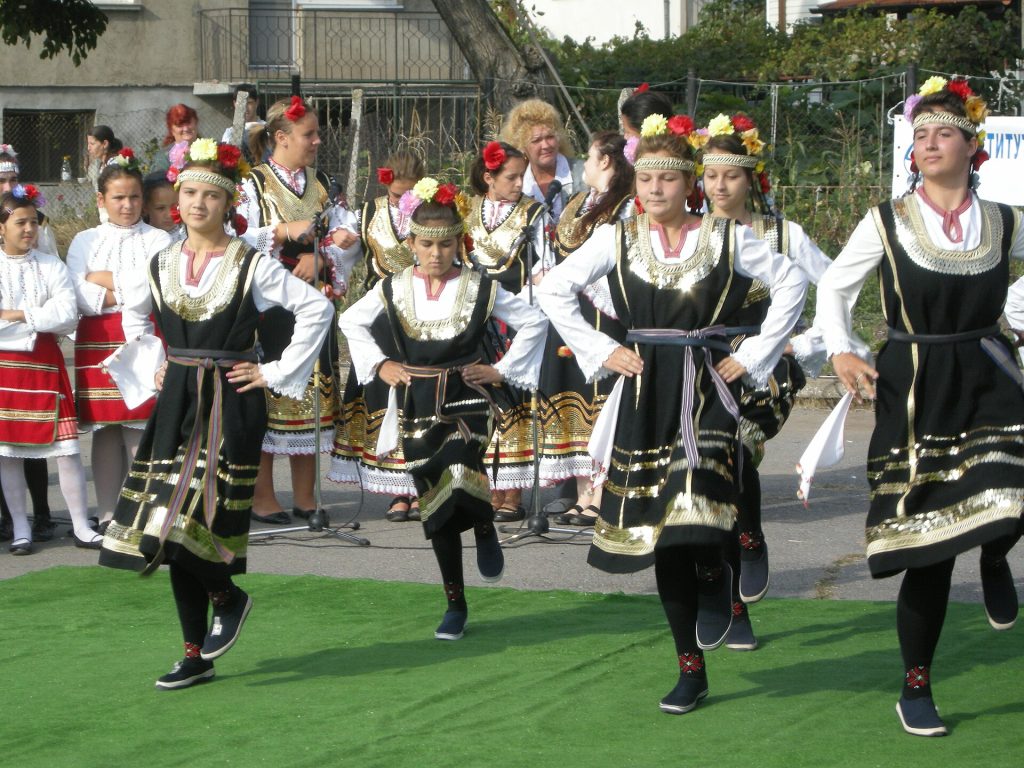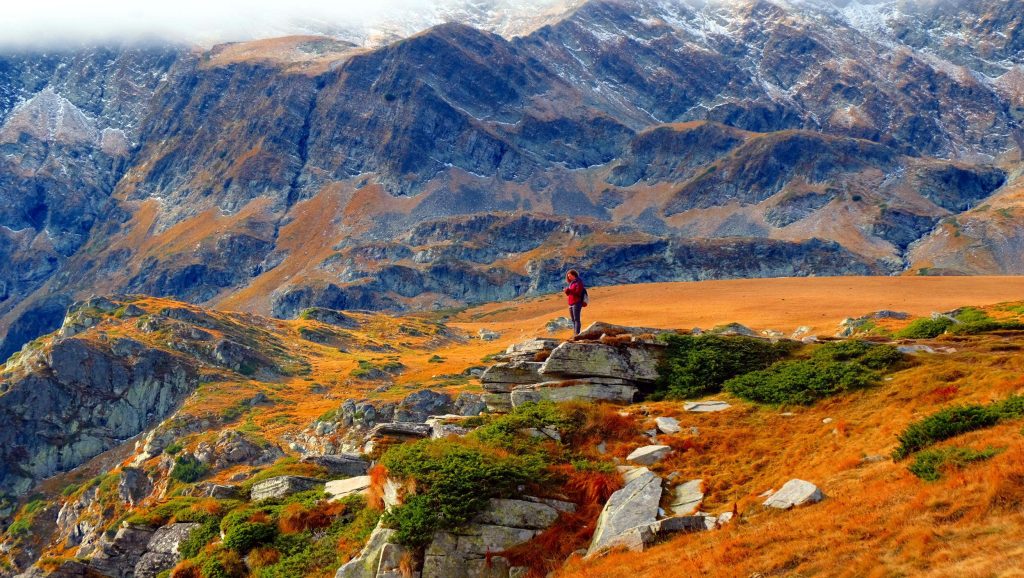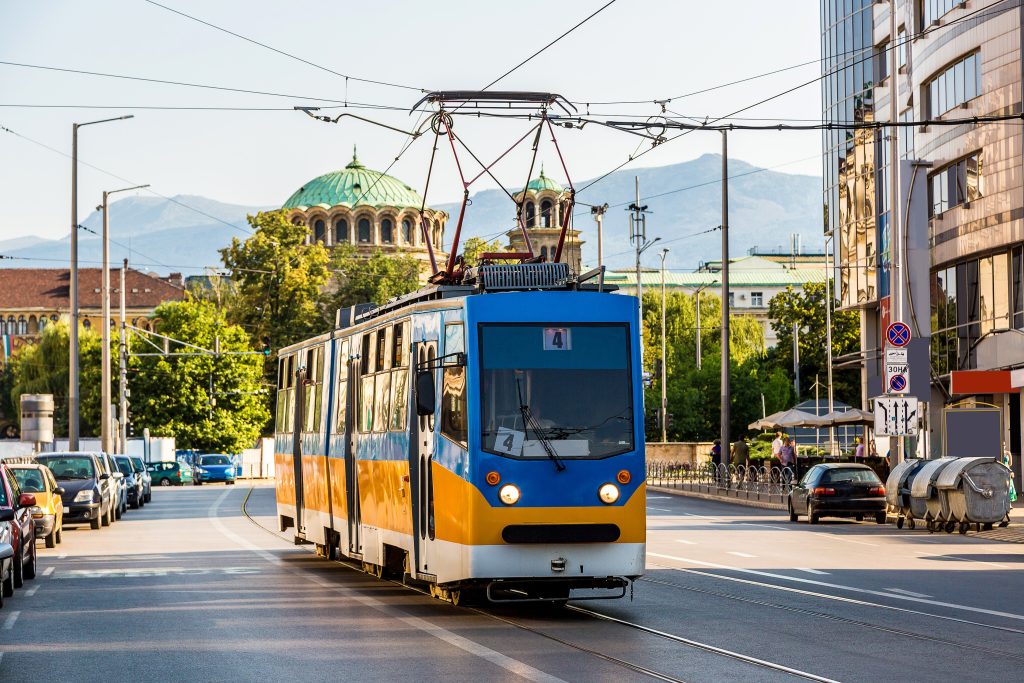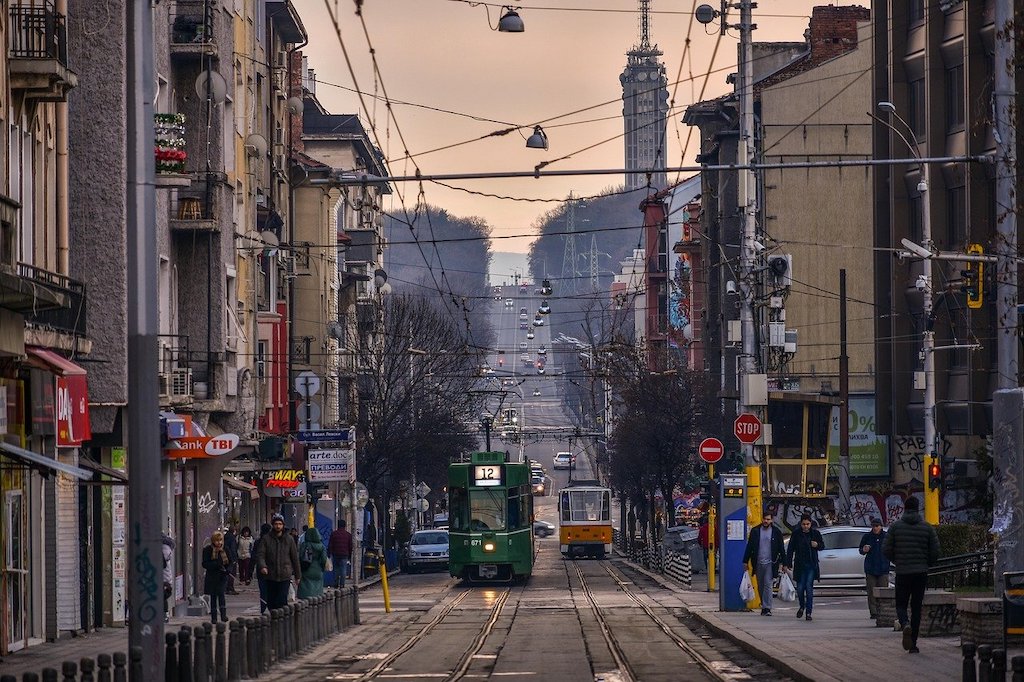Sofia doesn’t sell itself—and that’s part of the appeal. The capital of Bulgaria is quiet, rough around the edges, and often overlooked. But spend a little time here and the layers start to show. It’s old and new all at once, a place where ancient ruins poke through modern sidewalks, and heavy Soviet buildings loom over boutique cafes. For U.S. expats, Sofia is one of Europe’s best-kept secrets: affordable, friendly, and full of surprises. English is spoken widely in younger circles and the expat community is growing fast. You won’t get the polished tourist version of Europe here—you’ll get the real thing, with space to breathe and time to enjoy it.
Visa Info for U.S. Citizens
Americans can stay in Bulgaria for up to 90 days within a 180-day period without a visa. If you want to stay longer, you’ll need to apply for a long-term Type D visa—this can be for freelance work, retirement, or other categories. The process involves some paperwork but is straightforward compared to many Western European countries. For updated requirements, check Bulgaria’s Ministry of Foreign Affairs or the U.S. Embassy in Sofia.
Cost of Living
Sofia offers a European lifestyle at a fraction of Western European prices. A decent one-bedroom apartment in the city center rents for $400 to $600 a month. Utilities run about $100. Eating out is cheap, with local taverns (mehanas) serving huge plates of grilled meat, salads, and homemade bread for under $10. Groceries are fresh and affordable, and healthcare is low-cost with private clinics that speak English. Public transport is about $1 per ride and monthly passes cost less than $30. You can live well here on $1,200–$1,500 a month without cutting corners.
Culture and Character

Sofia doesn’t beg to be liked, but it grows on you. The city is full of contradictions: Orthodox churches and brutalist blocks, quiet parks and chaotic intersections, historic sites and hipster art galleries. It’s a place where the past hasn’t been erased—it’s been folded into daily life. Wander through the Roman ruins beneath Serdika metro station, take a tram to the flea markets, or sip coffee under blooming trees in Borisova Garden. Bulgarians can be reserved, but they’re proud of their culture and generous once they open up. It’s not flashy, but it’s full of life.
Nature and Day Trips

One of Sofia’s biggest surprises is how close it is to nature. Vitosha Mountain looms over the city and offers year-round escapes—skiing in winter, hiking in summer, and sweeping views anytime. You can get there by bus or cable car in under an hour. If you need a weekend getaway, the Rila Monastery is a UNESCO World Heritage site tucked in the mountains, and Plovdiv—Europe’s oldest continually inhabited city—is just a two-hour train ride away. For more outdoor options, check Visit Bulgaria.
Food and Drink
Bulgarian food is simple, rustic, and satisfying. Expect grilled meats, fresh vegetables, sheep cheese, and a lot of yogurt—it’s a national treasure. Banitsa, a flaky pastry filled with cheese, is a breakfast staple. Shopska salad (cucumber, tomato, onion, and feta) pairs with every meal. Cafés double as co-working spots, and many offer strong coffee and homemade cakes. Don’t miss rakia, the local fruit brandy, often homemade and always strong. The food scene is both traditional and evolving, with international options popping up in the more expat-heavy areas.
Living as an Expat
Sofia is easy to settle into. English is commonly spoken among younger people, especially in restaurants, cafes, and tech hubs. There’s a growing digital nomad presence and a strong network of expats who organize language exchanges, meetups, and cultural events. The lifestyle here is relaxed—people take time for coffee, for conversation, for long walks. Bureaucracy can be a headache, but it’s manageable with patience. Safety isn’t a major concern—violent crime is rare and most neighborhoods are walkable at night. If you’re looking for a city that feels lived-in, not manufactured, this is your place.
Getting Around

Sofia has a solid public transportation system with buses, trams, and a clean, efficient metro. A single ticket costs about $1, and you can buy a monthly pass for less than $30. The city is also walkable and has decent bike lanes. Taxis are cheap, but it’s best to use apps like TaxiMe to avoid scams. The airport is just 20 minutes from downtown, and buses and trains can take you across the Balkans for pocket change. It’s a good base for regional travel, especially if you’re bouncing between countries during visa resets.
Final Thoughts
Sofia won’t dazzle you on arrival—but give it time, and it’ll win you over. There’s grit, charm, and a strong sense of place. It’s not overrun with tourists or inflated prices. It’s affordable, well-situated, and quietly vibrant. If you’re an American expat looking for a slice of Europe that still feels undiscovered, Sofia offers something rare: a livable, lovable city where life moves at a manageable pace and you don’t need a fortune to enjoy it.

